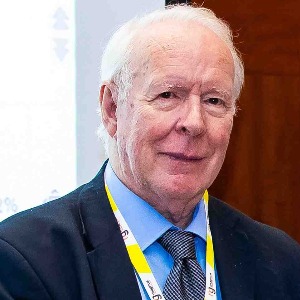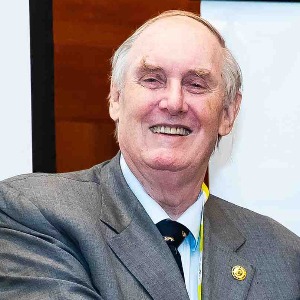Dental Public Health
Dental public health is a branch of dentistry that focuses on populations instead of individuals. It follows a preventive approach to oral health, working to improve dental health by providing education, increasing access to dental care, and creating interventions and policies to prevent the spread of oral diseases. Dental public health efforts generally focus on access to care, prevention of disease, and control of risk factors. The foundation of dental public health lies in community-level approaches to oral health promotion. Examples of these include interventions like school-based fluoride mouth rinse programs, water fluoridation, school dental screenings, and the use of community dental health workers. These programs set up access to preventive oral care, provide education about good oral hygiene practices, and promote lifestyle changes to support oral health. Dental public health initiatives also focus on reducing disparities in oral health, targeting specific populations that may be at higher risk of oral disease. Examples include campaigns to encourage and improve access to preventive care for pregnant women, children, and the elderly. Programs also aim to increase awareness of the risk factors associated with oral disease, such as smoking, poor nutrition, and socio-economic disparities. The goal of dental public health is to work towards reducing the incidence of oral diseases, promoting better oral hygiene practices, and ensuring access to preventive and restorative dental care. By doing so, dental public health efforts can create a more healthy and equitable environment for all individuals.

David Geoffrey Gillam
Queen Mary University of London, United Kingdom
Christopher Turner
Spacemark Dental, United Kingdom




Title : Evaluating hygienist follow up for head and neck oncology patients in secondary care: Results from a two cycle audit
Peter Basta, Newcastle Dental Hospital, United Kingdom
Title : Atypical facial pain unravelled
Christopher Turner, Spacemark Dental, United Kingdom
Title : New treatment of temporomandibular disorder through muscle balance and muscle regeneration by activation of quiescent muscle stem cells( satellite cells) with mitochondrial dynamics
Ki Ji Lee, National Reserach Foundation & Busan Medical University, Korea, Republic of
Title : MRONJ and ORN: Referral or management in primary care? Navigating guidelines in the context of long waiting lists
Alisha Sagar, NHS England, United Kingdom
Title : Managing the unexpected: An Insight into supernumerary teeth
Bahar Gharooni Dowrani, Guy's and St Thomas' NHS Foundation Trust, United Kingdom
Title : Laxative prescribing for post operative head and neck cancer patients at Derriford Hospital
Pui Sze Kylie Li, Cardiff and Vale University Health Board, United Kingdom